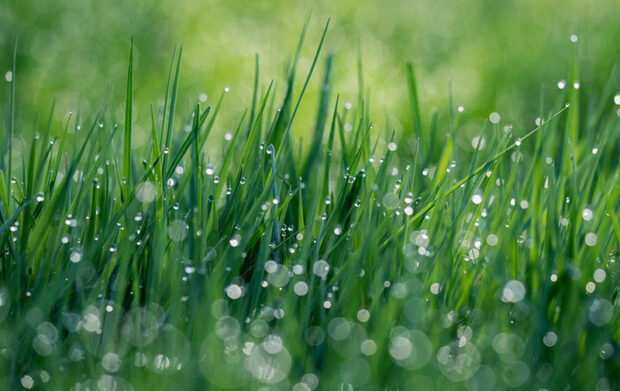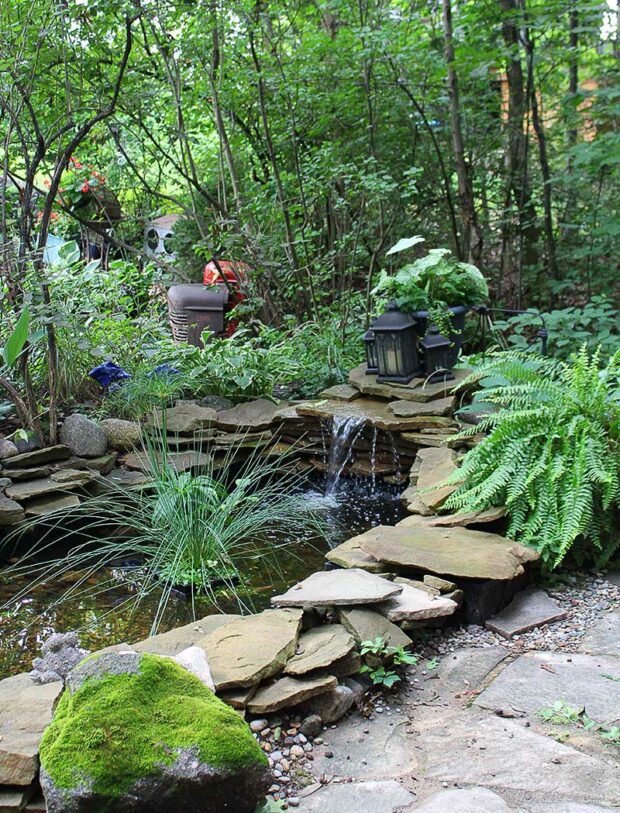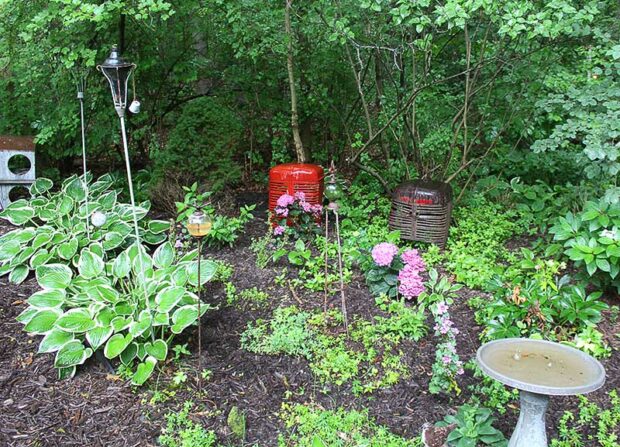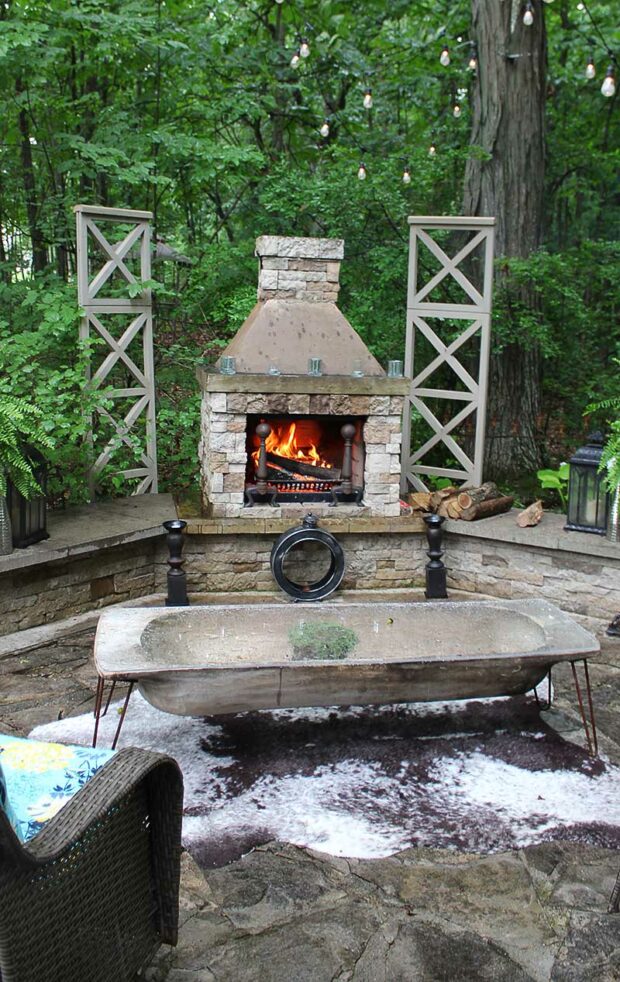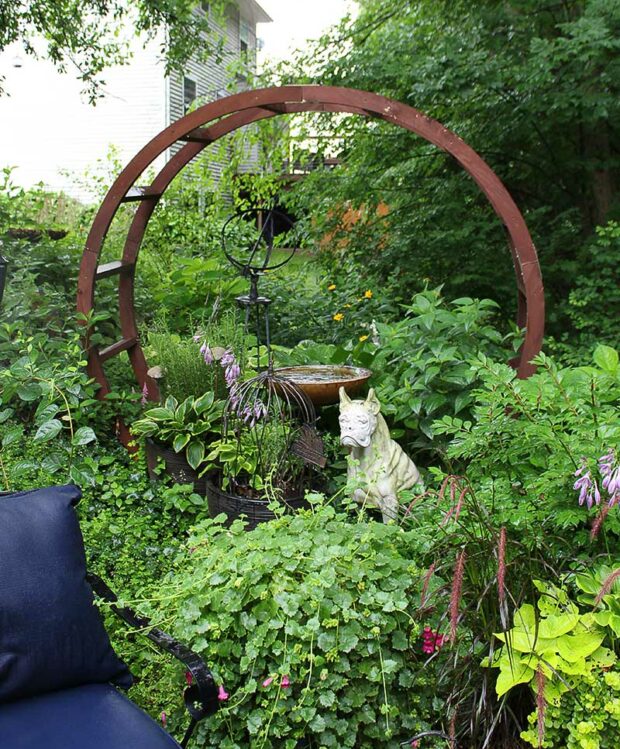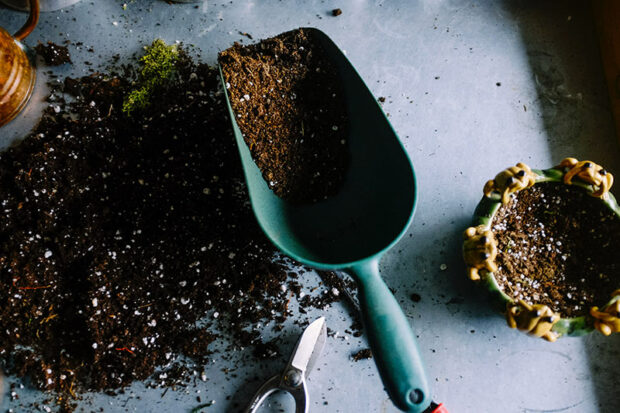
by Nancy Szerlag
When gardening in containers, just like gardening in the ground, success often depends on the soil. In order for plants to flourish, they must have a healthy root system. That’s why a good quality potting mix makes such a big difference on a plant’s ability to flower and thrive.
The soil in containers is watered far more frequently than garden soil. This continual bombardment of water droplets beats the potting soil down and compacts it, squashing all the little air pockets that allow oxygen to move through the soil. And roots need oxygen for healthy growth. In the garden, earthworms and soil dwellers are constantly tunneling about, creating new air spaces, but they are not present in containers. Also, the walls of the containers prevent outside air from circulating through the soil.
Soil vs. soilless mixes
When it comes to choosing potting mixes, there are two basic types: soil-based and soilless mixes.
The main ingredient usually found in soil-based potting mixes is reed sedge, also called Michigan peat. These products, the remains of reeds, sedges, grasses and other marsh plants, have been broken down to the point they look like dark brown or black, silt-like dirt. When added to a container, the fine particles, almost powder-like in nature, quickly settle and compact, leaving little or no space for air.
While reed sedge may look nutrient rich, it’s actually very lean. Reed sedge also has a very low moisture-holding capacity. However, when wet, because of its density, it becomes sodden and heavy. In spite of its drawbacks, a lot of folks use reed sedge-based potting mixes because they are, pardon the pun, dirt cheap.
Soilless potting mixes made of Canadian sphagnum peat moss, commonly called peat moss, cost quite a bit more than soil-based mixes, but in the long run they are well worth the expense. Canadian sphagnum peat moss is an all-organic, disease-free material that’s prized for its ability to grow great plants. A quality peat moss-based soilless potting mix gives gardeners the same medium that professionals have enjoyed for decades. Sphagnum peat moss has many more times the air space capacity than reed sedge. Plus, it has the capacity to hold nutrients as well as moisture.
Soilless mixes are also lighter; about one half the weight of a soil-based mix when soaked with water. They are also generally free from pests and diseases that may be harbored by ordinary garden soil or soil-based potting mixes.
Additional potting soil ingredients
Good quality potting soils also contain other ingredients such as vermiculite and perlite to further increase moisture retention, aeration and drainage. Composted forest products, such as fir bark, may also be added to increase friability and further improve drainage.
Once it dries out, sphagnum peat moss can be difficult to rewet, so many potting mixes also contain wetting agents. Not to be confused with moisture-holding polymers, these wetting agents, also called surfactants, are added to help the potting mix absorb water more readily.
Water-retaining polymers look like tiny bits of clear Jell-O when they are wet, and may be added to a potting soil to help increase its ability to retain water even further. This fascinating material, in a crystal-like form when dry, will hold up to 40 times its weight in water. Potting soils with moisture-retaining polymers are good to use in hanging planters and other sun-drenched pots that dry out quickly in the heat of summer.
Many potting soils also contain a slow-release fertilizer, which takes the hassle out of having to worry about feeding the plants. It should be noted however, that the fertilizer will release when the potting soil gets wet, so avoid broken bags and store the unused portion in a protected area where it will be kept dry.
Helpful planting hint
When planting containers, it’s always best to moisten the potting soil before planting. A mix of 2 to 3 parts potting soil to one part water will give you a moderately moist consistency that is easy to work with. To make sure the water absorbs evenly, mix up a batch several hours before planting. A five-gallon bucket with a lid or a large storage tote works well for both mixing and storing.
Specialty potting soils are formulated specifically for plants with special requirements, such as orchids, cacti and African violets. There are also special blends of container soil for aquatic plants that contain specially-processed clay that adds needed weight, but without the perlite or other products that float and foul pond water.
When shopping for potting soils it’s important to read the labels. There are few restrictions on the labeling of potting soils, so words like “professional” in a name or description means little. However, the makers of good quality potting soils do list their contents and the Federal Trade Commission regulates that the bag must contain a minimum of 75 percent peat moss to warrant the use of the term “peat moss” on the bag. Many companies also include detailed instructions on how to use their products as well as hints for successful planting.
Many independent garden centers have sample containers of various soil products for you to look at. It’s worth taking the time to grab a handful to get a feel of the various potting soils before you make a purchase.
If you use a lot of potting soil, for economy sake consider buying a commercial product that is typically packaged in larger bags. Nurseries that grow their own plants usually have these larger sizes on hand. They won’t contain the slow-release fertilizers and water-retaining polymers, but those products are also available in larger sizes, so you can mix up your own specialty potting soil and save some bucks.
Nancy Szerlag is a Master Gardener and Master Composter.
Related: Why doesn’t our garden have earthworms in the soil?
Elsewhere: Potting soils and seed-starting mixes for your garden

